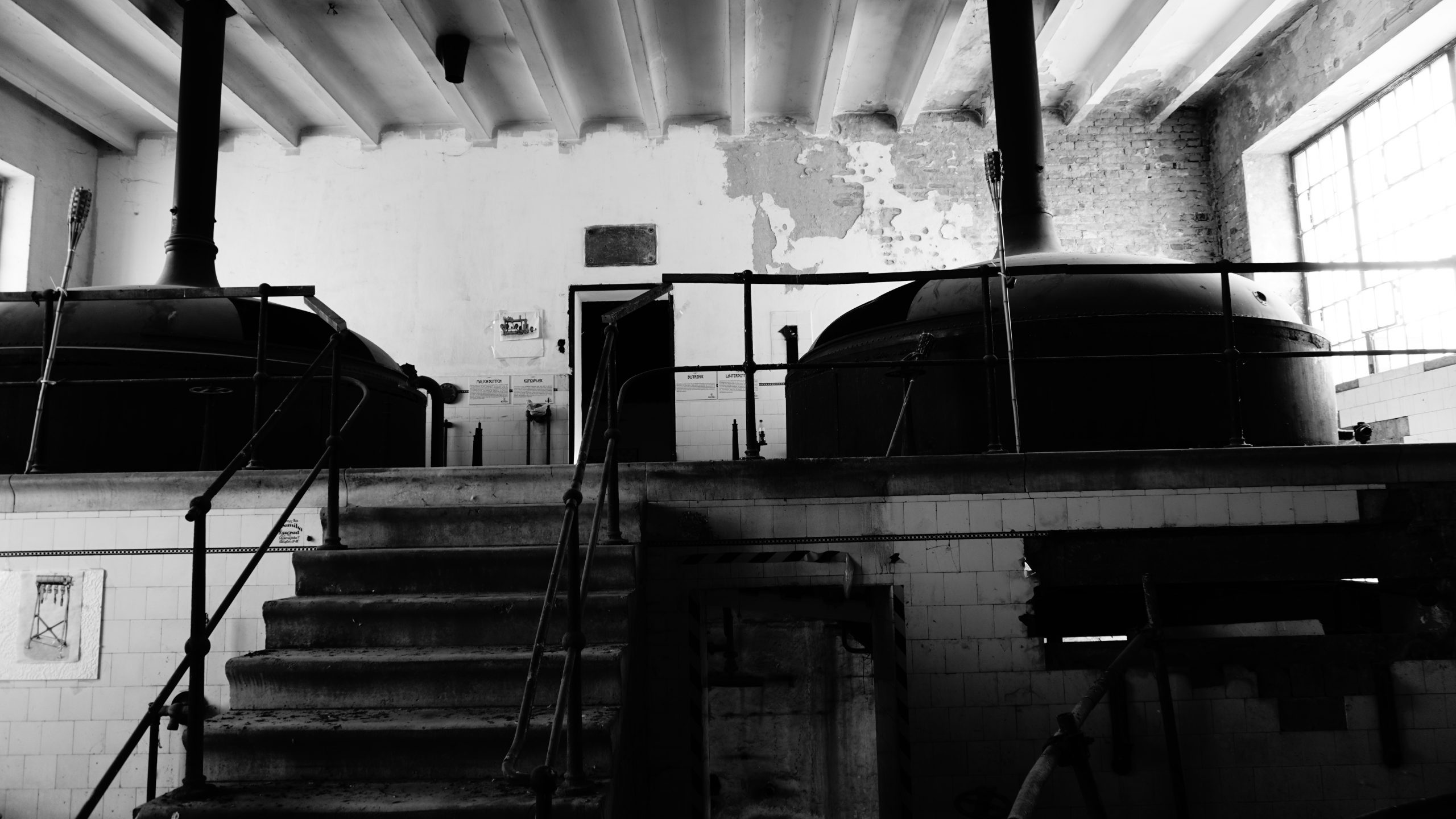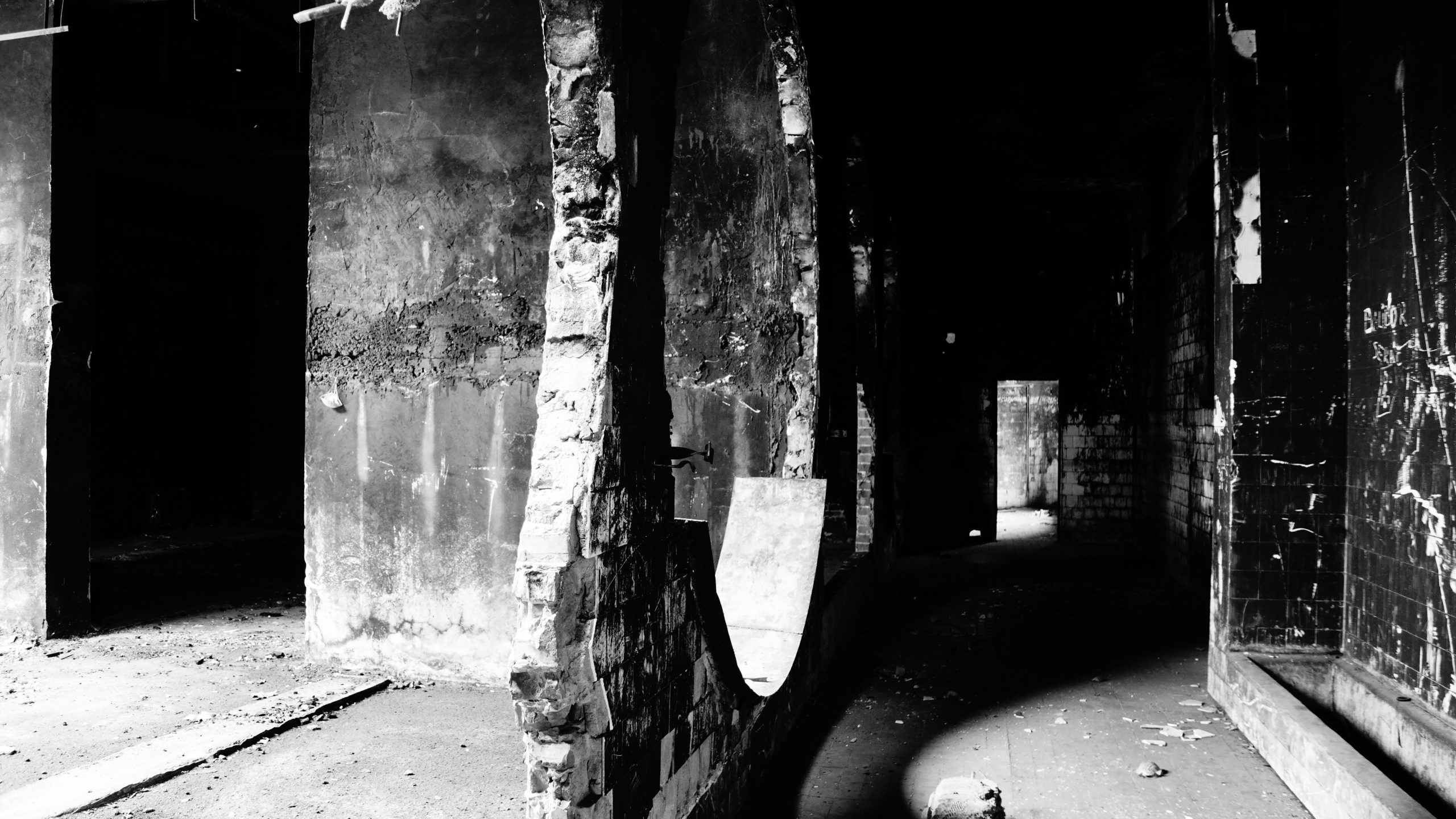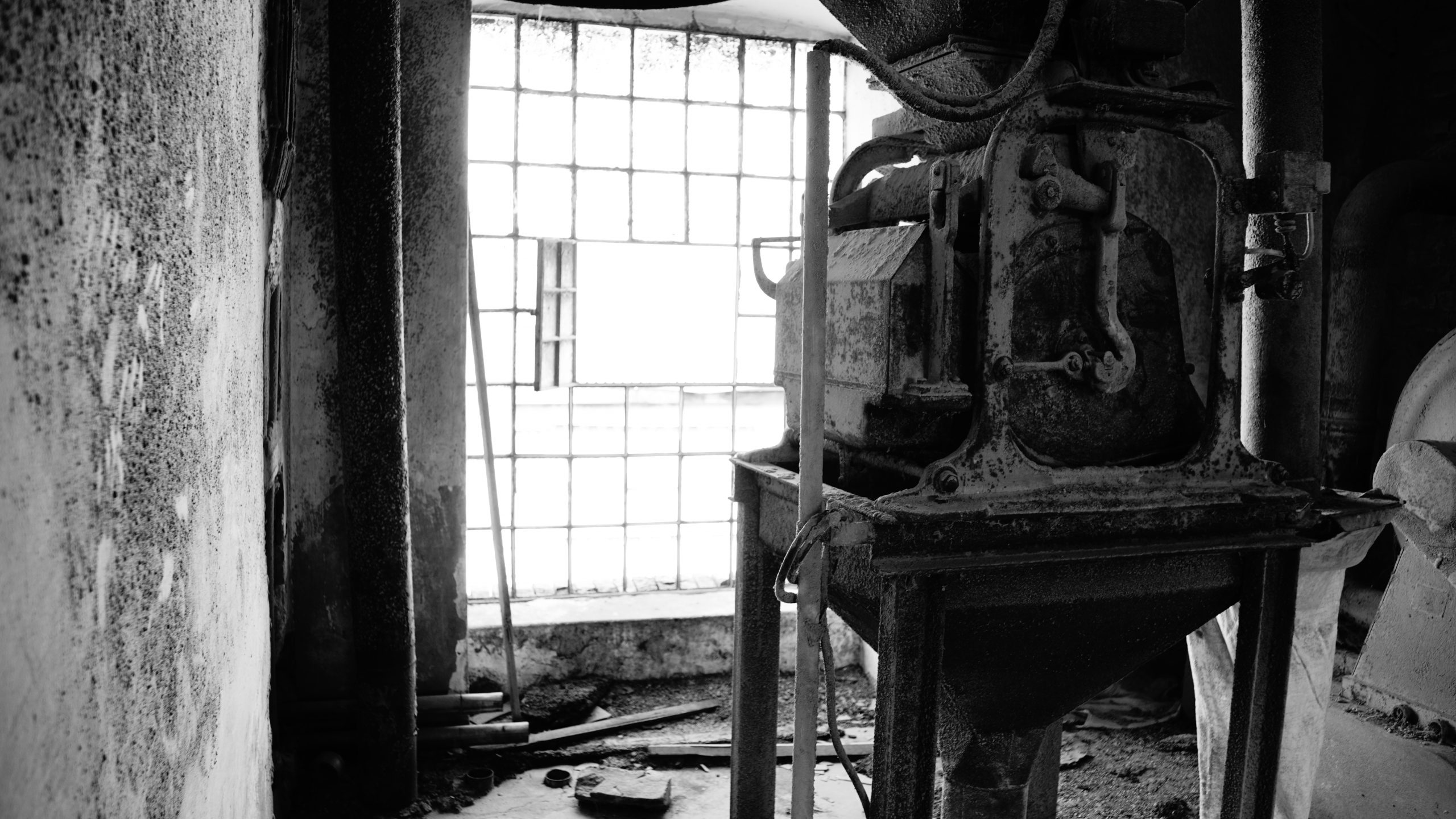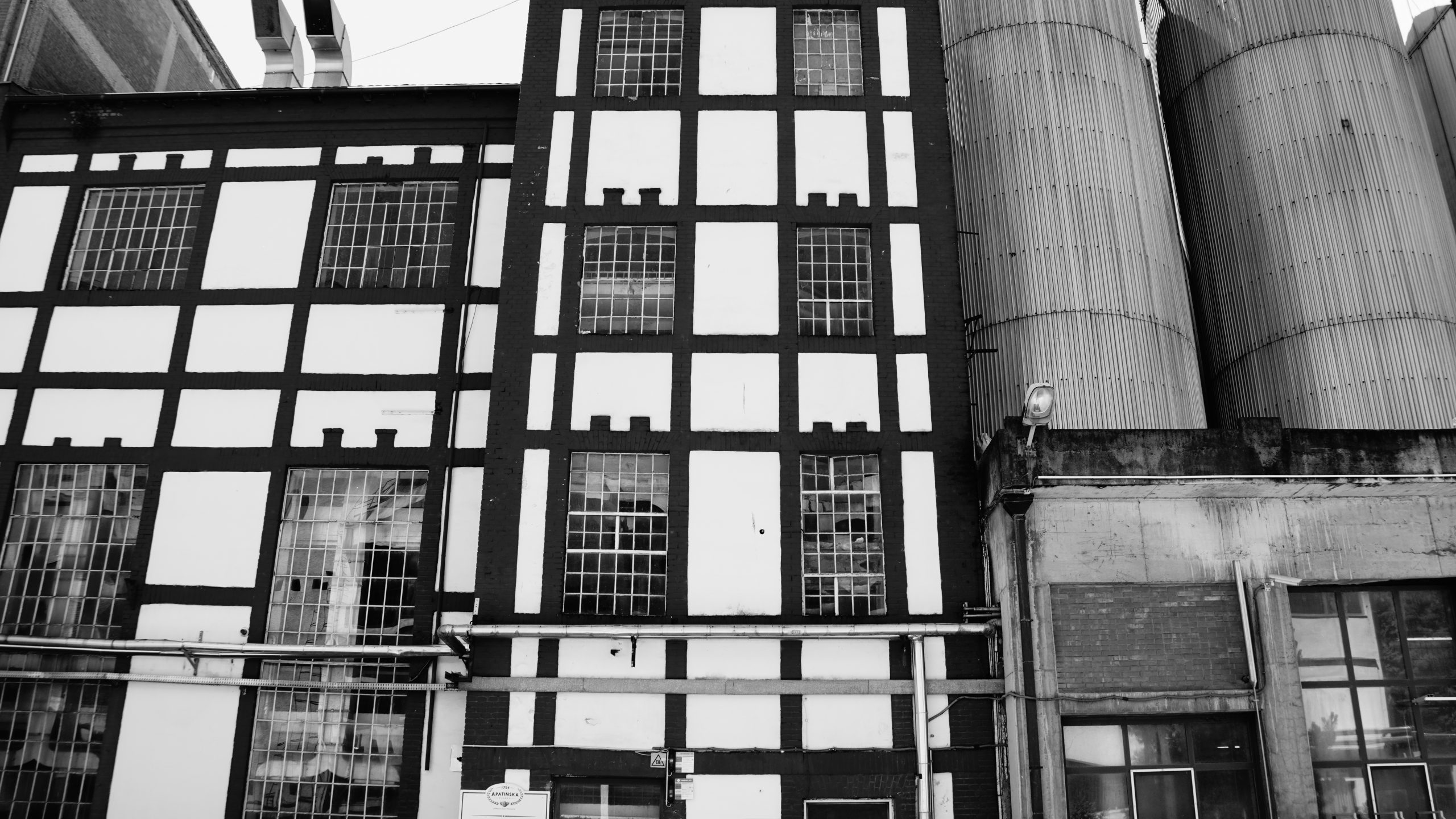Brewing heritage in Vojvodina
Brewing is one of the oldest economic activities in Vojvodina. It dates back to the early 18th century, when the area of today’s Vojvodina, then a peripheral, distinctly agrarian area of the Habsburg Empire, was inhabited by Germans. Thanks to the natural potential of the land for the cultivation of brewing raw materials, the Germans continued to nurture and develop their skills in the preparation of a traditional, magical drink within home manufactories that had the character of seasonal craft beer workshops. However, the construction of smaller state-owned production plants in Pančevo (1722), Vršac (1742), Great Bečkerek (1745), Bečej (1754) and Apatin (1756) soon began. The settlements were soon separated from the agrarian milieu by acquiring the status of a trading or free royal city. At the beginning of the 19th century, gaining the right to buy breweries, freely produce and sell beer, German entrepreneurs began the development of industrial brewing in Vojvodina.
The period of dualism is characterized by social stratification, industrialization and urbanization of the periphery of the Monarchy. The role of Vojvodina brewing in these transformations of society, economy and city was huge, as evidenced by the activities of the Weifert family, which at the beginning of the 20th century owned several breweries in the region, equipped by the most modern standards. Their brewery in Pančevo was the first steam brewery in southern Hungary. After the introduction of the steam engine in the production process, the method of production was modernized, which reflected directly on the spatial organization of the factories, and indirectly on the structure of the urban fabric. At the turn of the 19th and 20th centuries, thanks to the implementation of public facilities, breweries became a kind of social centres for different groups. The influences of current Central European artistic tendencies are recognizable in the design of industrial and profane buildings.
In the interwar period, Vojvodina, contrary to the previous position of the less developed area of Hungary, became one of the most economically developed regions of the new Kingdom of SCS. Thanks to the traditional production of hops, led by the Slovaks around Bački Petrovac, the beer industry continued to develop moderately despite the great economic crisis during the 1930s.
In the first years of the post-war period, the new state government made drastic changes in the economic system by implementing nationalization, while the management of Vojvodina’s breweries, after more than two centuries, suppressed strong German influence. After the establishment of workers’ self-government, breweries became an expression of the collective and a synonym for the strength of the working class. The increase in the standard of living influenced the increase in beer consumption, i.e., the constant expansion of production capacities. Numerous reconstructions and upgrades have been carried out within the existing complexes. With the constant modernization of the production process, the introduction of new types of beer and the expansion of the market outside the national framework, brewing experienced great expansion during the socialist period.
During the ’90s, the transformation of social capital into shares began, which was reflected in the further development of brewing. Intensified investment activity was followed by privatization, often guided by individual interests. In most cases, production was soon suspended and bankruptcy proceedings have been initiated. After almost three centuries in the oldest breweries in Vojvodina, except the Brewery in Apatin, the continuity of production was interrupted.
After almost three centuries of brewing tradition in this region,
we are faced with a discontinuity in production, which leads to the devastation and destruction
of valuable testimonies of Vojvodina's industrial past.
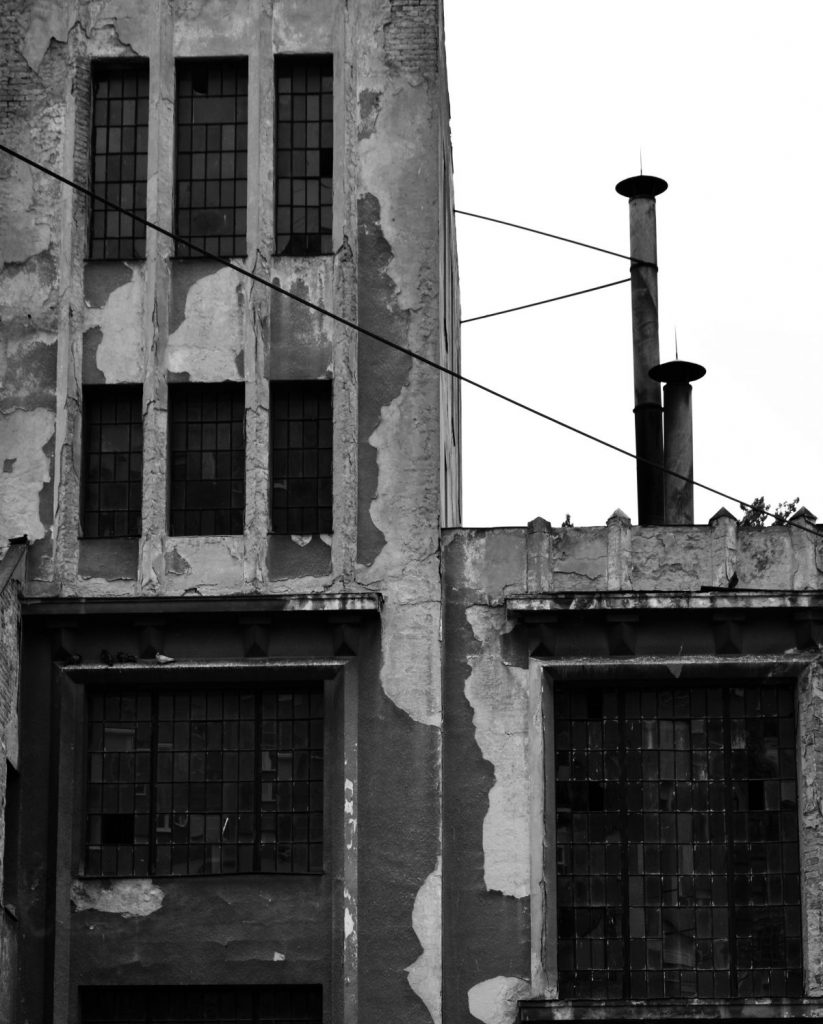
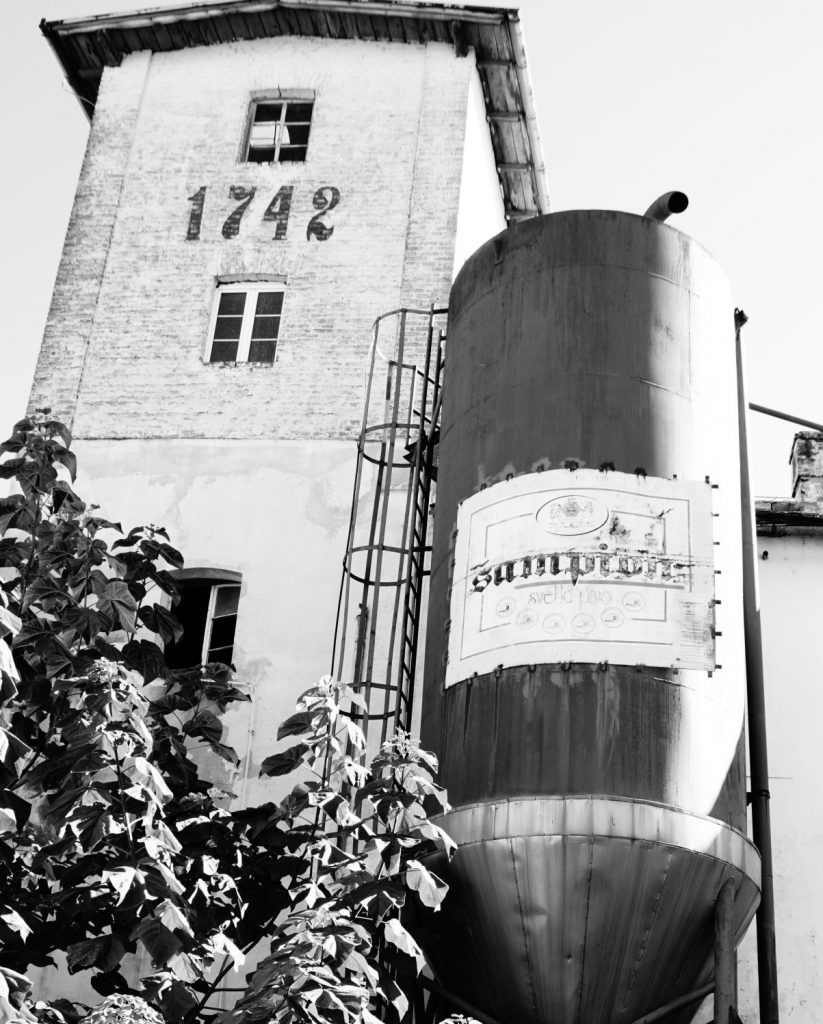
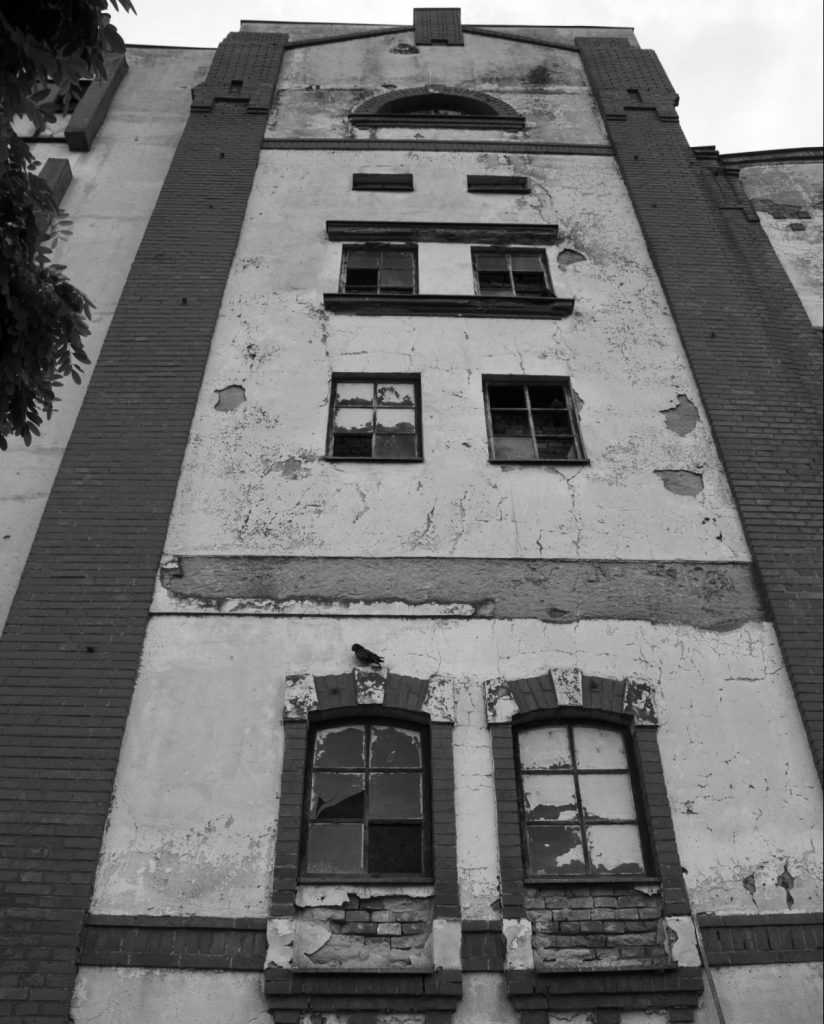
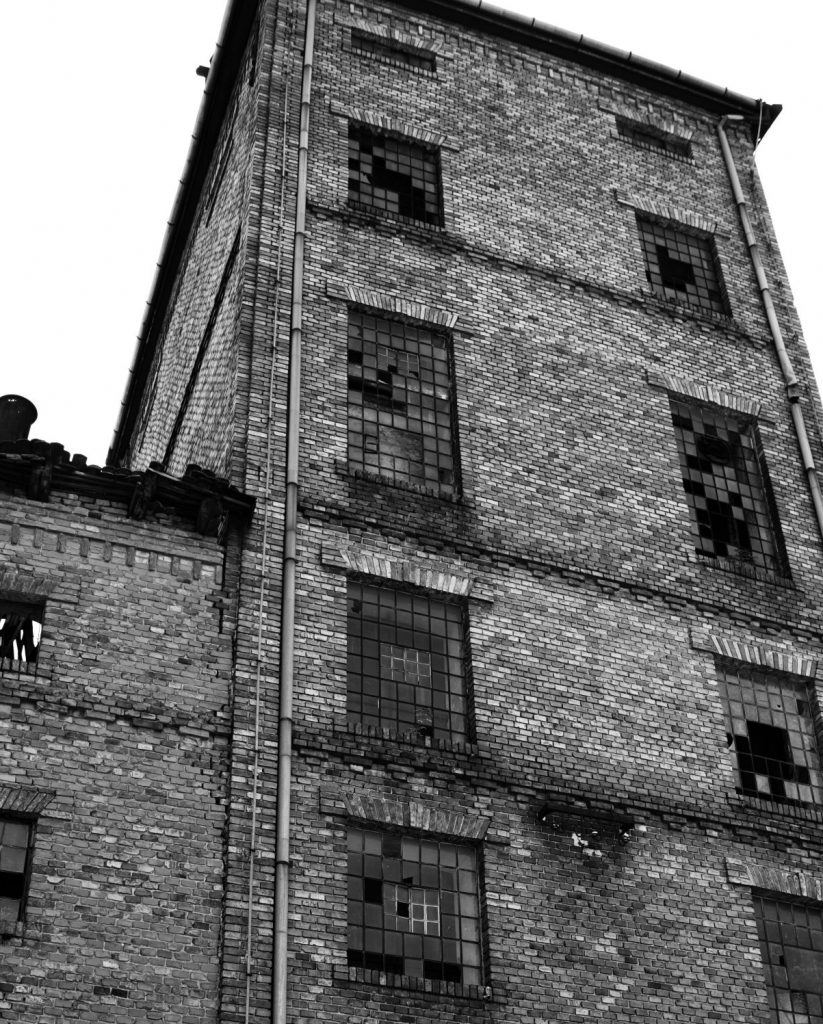
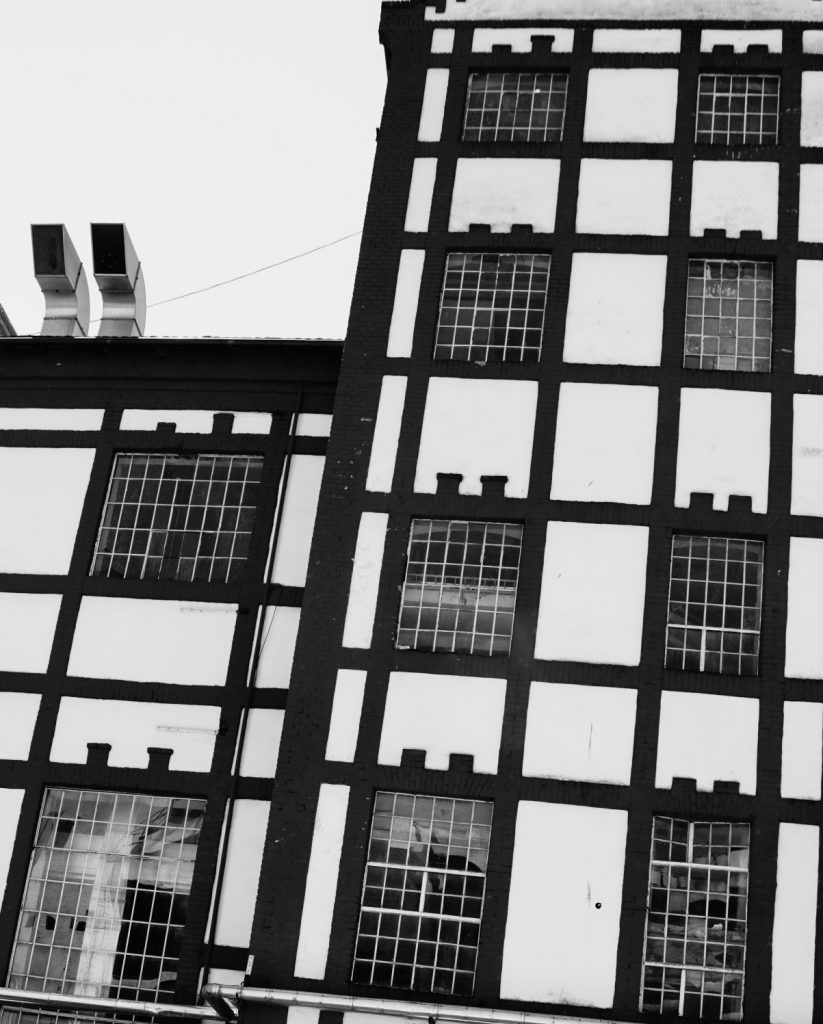
PANČEVO
VRŠAC
ZRENJANIN
BEČEJ
APATIN
Can we feel the smell of cooked malt and the taste of our favourite drink again while passing beer routes through Vojvodina?
Or we will continue to find pleasure only in the idyllic shadows and silhouettes of the region’s brewing past…
